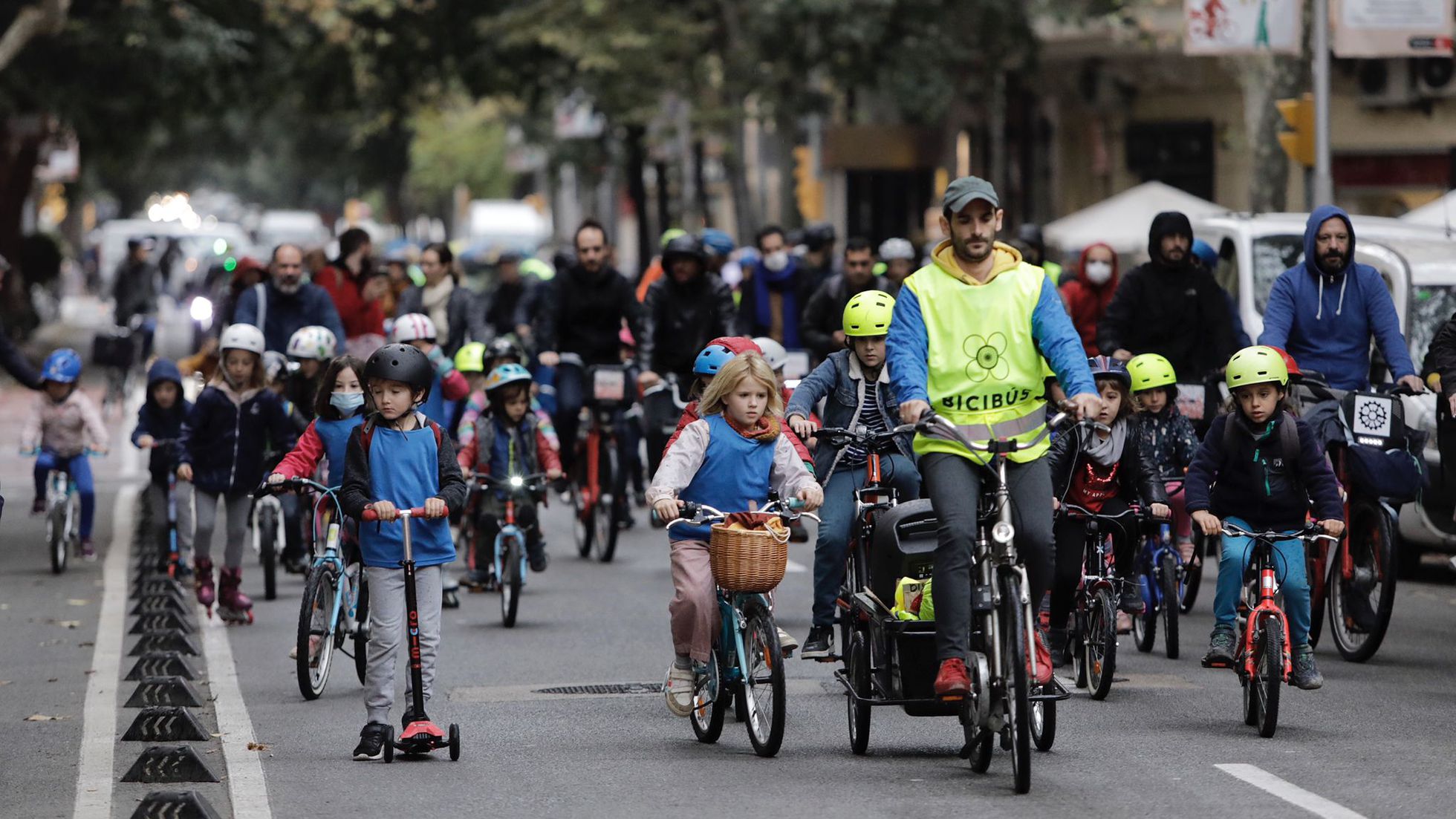New project to empower urban cyclists through citizen science
The project Empowering urban cyclists through citizen science, led by ICTA-UAB researcher Jordi Honey Rosés in the framework of the ECIUSMART-ER University, kick-started this week with the celebration of its initial meeting at ICTA-UAB.

The platform will allow cyclists to share commentaries about cycling infrastructure, with particular attention to cycle path maintenance, bike parking and theft.
The project partners, from Finland, the Netherlands, Portugal and Ireland, have gathered on the UAB campus to launch the initiative, which aims to promote a citizen science platform that empowers urban cyclists with relevant travel information and supports cities in their transition to a low-carbon mobility future. The team members are urban planners, geographers, engineers and computer scientists with a special interest in urban mobility, public engagement and cycling.
The ultimate goal of the project is the creation of a collaborative technology application that allows cyclists to document their cycling experience in their city, informing mobility policy. To this end, the project will mobilize the urban cycling community to uncover new insights and patterns about urban cycling, a sector in which they acknowledge the existence of numerous problems and needs. The project hence contributes to both urban democracy and urban sustainability.
The platform will allow cyclists to share geolocated commentary, experiences, photos, and data about cycling infrastructure, with particular attention to cycle path maintenance, bike parking and theft. This will also generate valuable data for researchers studying cycling policy, public engagement, and computer science.
The project will promote pilots in Aveiro (Portugal), Barcelona (Spain), Tampere (Finland) and Enschede (The Netherlands), however, the platform will be global in scope and available in multiple languages, allowing for the circulation of results across Europe cycling networks, associations and related stakeholders.
Crowdsourced information will help cyclists improve their daily cycling routine, assist policymakers with direct feedback from the cycling community, and generate data for scholars who aim to inform urban mobility policy and learn about citizen science and public engagement processes. In the spirit of co-creative research, the project aims to do more than simply collect and analyse crowdsourced data, but also involve stakeholders and municipal decision makers to foster a dialogue on municipal cycling policy.